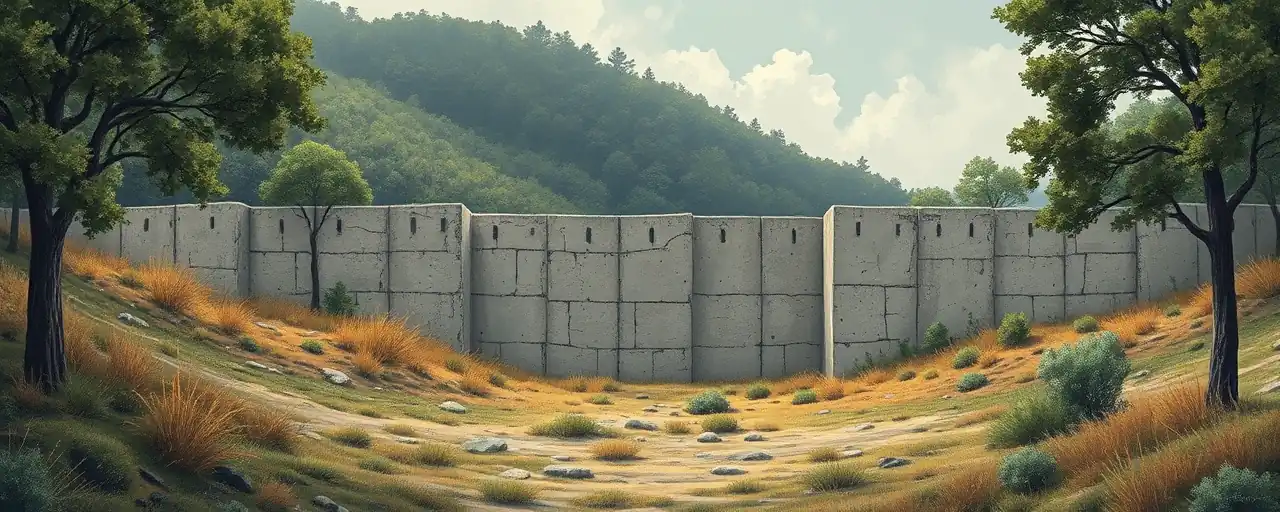A New Wave of U.S. Visa Restrictions
The United States has escalated its response to Nicaragua's authoritarian regime, announcing visa restrictions on over 250 government officials. The move, revealed on April 18, 2025, targets a range of figures, from police and prosecutors to judges and higher-education officials, accused of undermining democracy and perpetuating human rights abuses. This latest action brings the total number of restricted individuals to over 2,000, signaling a sustained U.S. effort to isolate those tied to President Daniel Ortega and Vice President Rosario Murillo's government.
The restrictions, authorized under Presidential Proclamation 10309, bar these officials and their families from entering the United States. The policy aims to stigmatize those responsible for repression, limiting their access to international systems and signaling global disapproval. Yet, the U.S. decision to withhold the names of all sanctioned individuals has sparked debate about the measures' transparency and effectiveness.
Seven Years of Repression and Resistance
This year marks the seventh anniversary of the 2018 protests, when Nicaraguans took to the streets demanding democratic reforms. The government's response was swift and brutal, leaving at least 355 dead, thousands injured, and over 2,000 detained. The crackdown forced more than 260,000 people into exile, reshaping communities in Costa Rica, the U.S., and beyond. Exiled Nicaraguans, including journalists and human rights defenders, have since organized global events to honor victims and renew calls for justice.
In cities like Miami and Los Angeles, diaspora groups held marches and cultural fairs in April 2025, their voices a reminder of the courage displayed in 2018. These gatherings highlight the ongoing struggle, as the Ortega-Murillo regime continues to silence dissent through arrests, asset seizures, and denationalization campaigns that have left hundreds stateless.
International Outcry and Fragmented Response
The international community has not stayed silent. A February 2025 UN report detailed Nicaragua's transformation into an authoritarian state, accusing the government of systematically dismantling independent institutions. The report urged legal action at the International Court of Justice and expanded sanctions. Similarly, the European Parliament and the Organization of American States have demanded the release of political prisoners and the restoration of civil liberties.
Despite these efforts, the global response lacks cohesion. Nicaragua's withdrawal from the UN Human Rights Council and its refusal to engage with investigators have deepened its isolation, but also shielded it from accountability. Advocates for stronger measures argue that without unified action, such as coordinated sanctions or a coalition to support democratic transition, the regime's grip on power will persist.
Do Visa Restrictions Make a Difference?
The U.S. visa restrictions are part of a broader strategy, including financial sanctions on regime-linked industries like gold mining. By targeting officials' mobility and access to global systems, the measures aim to pressure the government to change course. Supporters of the policy, including U.S. policymakers, view it as a clear message of solidarity with Nicaraguans seeking democracy.
However, skeptics question the restrictions' impact. The Ortega-Murillo regime has shown resilience, consolidating power through constitutional reforms that centralized authority and extended presidential terms. Many targeted officials are unlikely to travel to the U.S., rendering the bans symbolic. Critics also note that the lack of public naming reduces the deterrent effect, allowing the regime to dismiss the measures as inconsequential.
The Human Cost of Authoritarianism
Nicaragua's descent into authoritarianism has exacted a heavy toll. Over 5,000 NGOs have been shuttered since 2018, and more than 50 media outlets have been seized or closed. The Catholic Church, once a moral authority, faces persecution, with over 200 religious leaders exiled and public processions banned. The judiciary, now an arm of the state, routinely confiscates assets and prosecutes critics in absentia.
For ordinary Nicaraguans, the loss of freedoms is palpable. The 2025 constitutional reforms, which established a co-presidency and eliminated checks and balances, have left little room for dissent. International democracy indices rank Nicaragua among the world's most repressive states, with violations meeting the threshold for crimes against humanity.
Looking Ahead: A Path to Change?
The U.S. visa restrictions and international condemnation reflect a shared desire to support Nicaraguans' aspirations for freedom. Yet, the path forward remains uncertain. While the diaspora continues to amplify victims' voices and push for accountability, the regime's intransigence poses a formidable challenge. Proposals for a 'Group of Friends of the Nicaraguan People' aim to unify global efforts, but their success hinges on sustained commitment.
For now, the struggle endures, carried by those who fled and those who remain. The resilience of Nicaraguans, from the streets of Managua to the exile communities abroad, underscores a truth: the demand for justice, however suppressed, refuses to fade.
